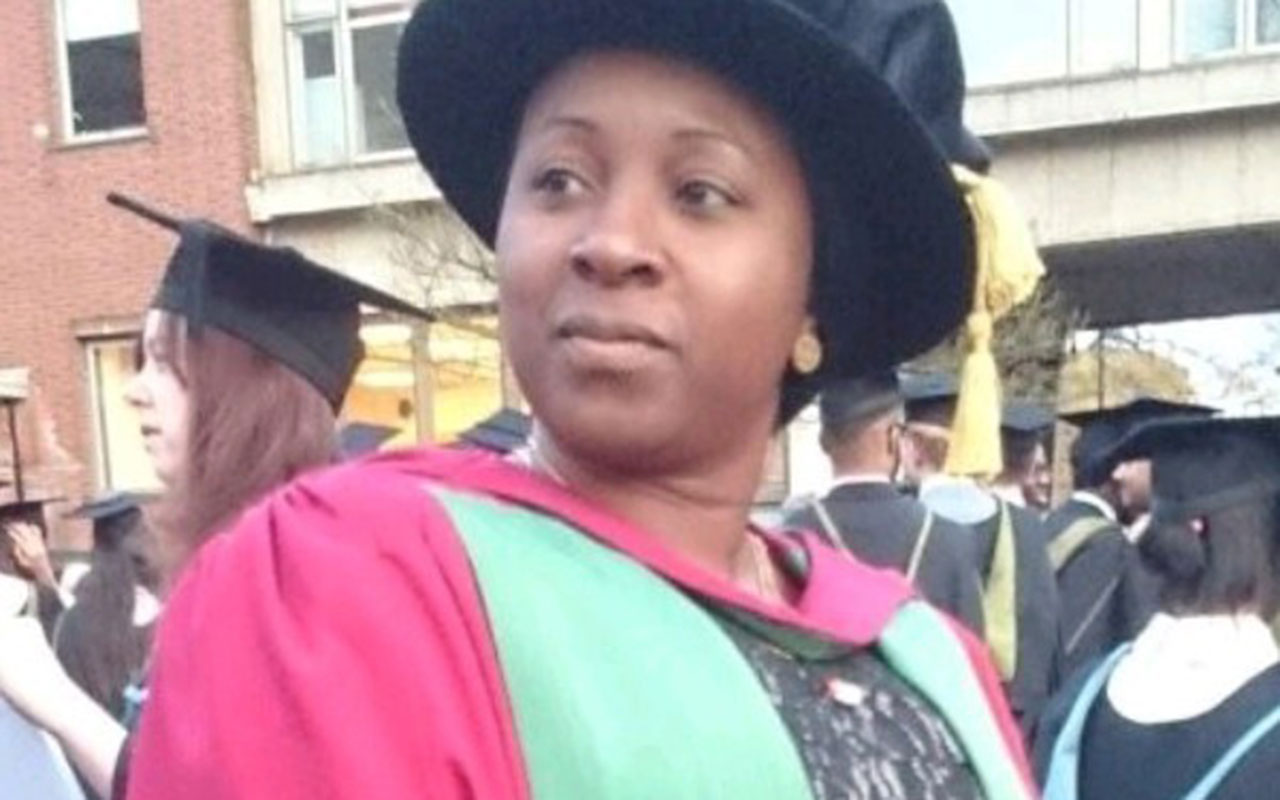
Presenting the findings yesterday in Abuja, Senior Gender Adviser, dRPC, Dr. Plangsat Dayil, said the media, often seen as a reflection of the society, is very strategic in changing the perception of the public, has been found to encourage culturally ingrained gender norms and biased narratives of women in appointive positions in Nigeria.
She said the outcome showed sensationalised and judgmental media portrayal of women in appointive positions and demonstrated how such media narratives can shape public perceptions and political discourse.
“We did basically a textual analysis of media reportage around women in elective and appointive positions, not necessarily about the reason women were sacked in these positions and that’s why our recommendations are based around how we can change these narratives to ensure that the narratives are done the way they do for the male, same should be done for the female in these positions,” Dayil said.
NIPPS Gender and Public Policy Centre Director of Studies and Chairperson, African Women Leaders Network, Prof. Oluwafunmilayo Para-Mallam, clarified that the centre aims to address the situation and promote inclusiveness.
Her words: “The whole idea (about the Centre) is to bridge the well noticed gap and that gap is two-fold. Number one is the capacity and skills gap in terms of gender mainstreaming bringing about an integration of gender concerns, gender perspectives into the whole gamut of public policy and development intervention.
“On the other side, is the issue of policy output and policy update.”
On his part, Chairman, Civil Society Network, Amb. Ahmed Shehu, said: “The essence of the research is to identify issues and investigate further with a view to coming up with some key recommendations on how to influence issues, especially changing the narrative.
“In every sector, you find out that women are at the receiving end, even in conflict situations. It asks the question why do women find it difficult to deliver or to sustain political positions.”






